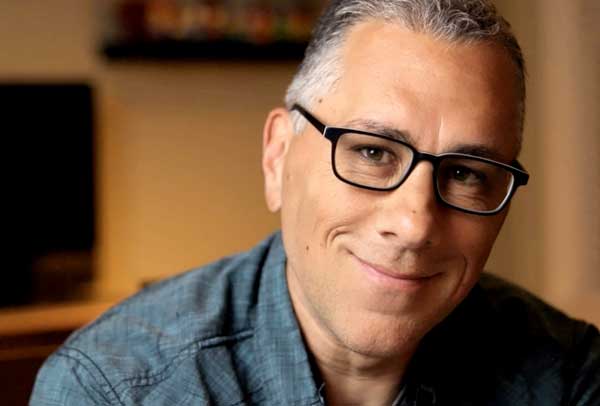Republished with permission from John Pavlovitz.
Sinéad O’Connor was right.
In 1992, at the absolute zenith of her career, the Irish singer stood in front of a camera and an audience of millions on Saturday Night Live and delivered a defiantly radiant rendition of Bob Marley’s War.
And we know we shall win
As we are confident
In the victory
Of good over evil
She then stared directly into the lens and the eyes of the watching world and tore up a photo of Pope John Paul II, punctuating the act with the unwavering warning to “Fight the real enemy!”
A lifelong Catholic, O’Connor leveraged the moment and her platform to boldly protest the Church’s long legacy of protecting abusers of children in its midst, by destroying the very image that had hung above her mother’s bed during her turbulent childhood.
She wasn’t some heathen pop star randomly taking cheap shots at organized religion from the outside, she was a grieving lover of God who’d seen the hell up close and was burdened to burn it all down.
The public fallout was violent and instantaneous, turning the singer into a pariah in ways that make our current cancel culture look benign by comparison. Her career in America and perhaps a good deal of her psyche never quite recovered from the brutality of an attack that revealed both the cultic power of religion and the faithful masses’ tendency to kill its prophets and shoot the messenger.
As someone raised in the Catholic Church, I recognized what O’Connor had done on SNL because I’d read about it before: she was violently overturning the temple tables.
With a few tears of a photo, she beautifully embodied the holy ferocity of Jesus as he upended the agendas of those predators perverting religion for profit. Staring into her unflinching stare I heard the same echoes of the 69th psalm that the disciples recalled in the wake of their teacher’s own glorious act of disruption: “Zeal for your house will consume me.”
In that moment on SNL, Sinéad was fully engulfed in the fury for those the Church had violated. She was calling the entire broken system to repentance—and millions of professed people of faith never forgave her even when they realized she was right.
In the decades since O’Connor’s courageous protest, the Catholic and Evangelical Christian Church’s vile body of work has been further unearthed; their collective crimes against children dragged into the raking light of accountability, and generations of traumatized human beings have been seen and validated because of it.
We shouldn’t underestimate Sinéad’s importance in aiding in this tragically slow bend of the arc of the moral universe toward justice. It was the beginning of a decisive if tragically slow move of justice.
And in the wake of her death at only 56 years old, we also shouldn’t miss the chance to admit how poorly she was treated by so-called faithful people, how unintentionally ignorant or willfully blind so many of us were, and how bravely she put her money and her livelihood where her mouth was.
She deserves gratitude and she deserves an apology.
In a day when Christianity seems to be increasingly saturated with hatred and poisoned with vitriol, the Church and America need more passionate, pissed-off prophets who will stand in the face of the system and in front of the world, and in real time condemn the atrocities being committed in the name of a God of love, fallout and blowback be damned.
In 2014’s 8 Good Reasons, one of her many brilliant later compositions obscured by the misdirected outrage, O’Connor sang,
I became the stranger no one sees. Cut glass I’ve crawled upon my knees.
Sinéad O’Connor shouldn’t have needed to pray for repentance from Christians for embodying the compassionate heart of Jesus.
So many professed religious people need to pray for repentance for turning that into a sin they couldn’t forgive.

John Pavlovitz
John Pavlovitz is a writer, pastor, and activist from Wake Forest, North Carolina. A 25-year veteran in the trenches of local church ministry, John is committed to equality, diversity, and justice—both inside and outside faith communities. When not actively working for a more compassionate planet, John enjoys spending time with his family, exercising, cooking, and having time in nature. He is the author of A Bigger Table, Hope and Other Superpowers, Low, and Stuff That Needs to Be Said.
